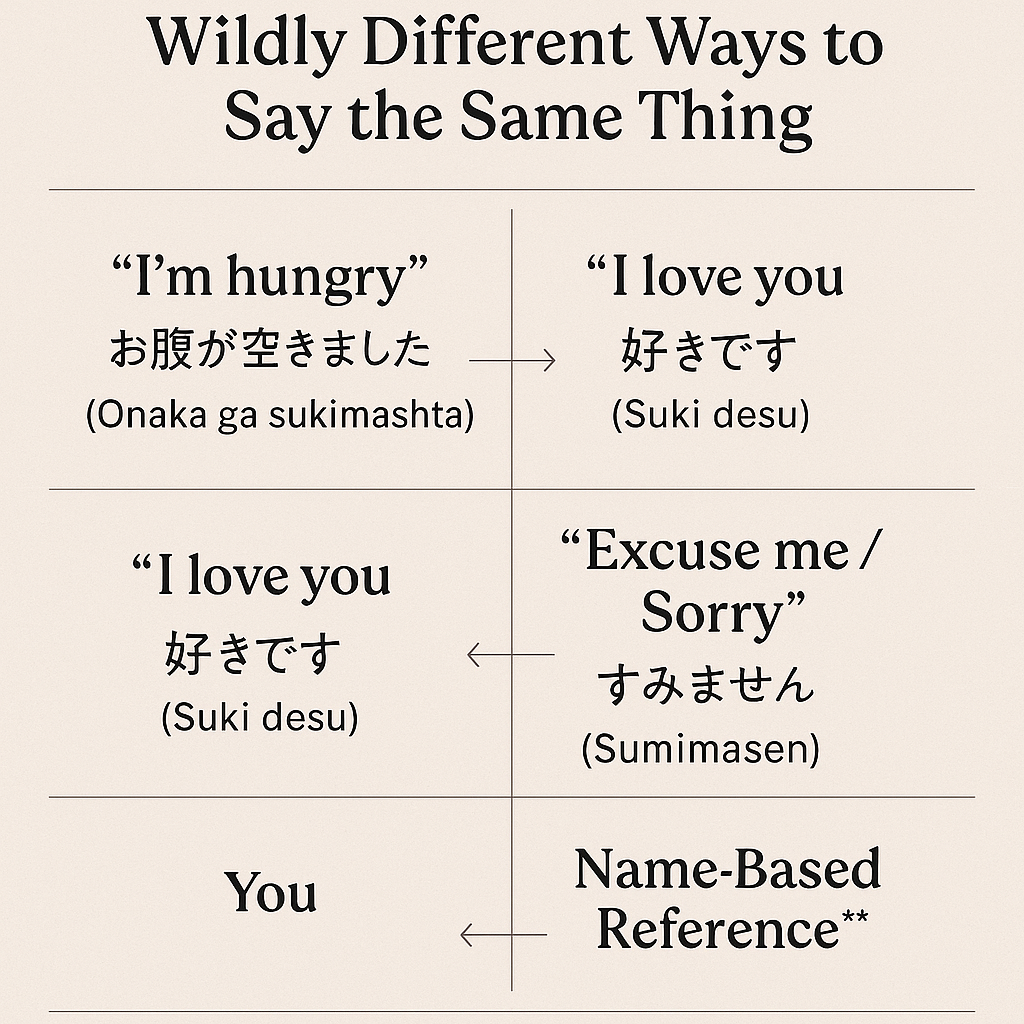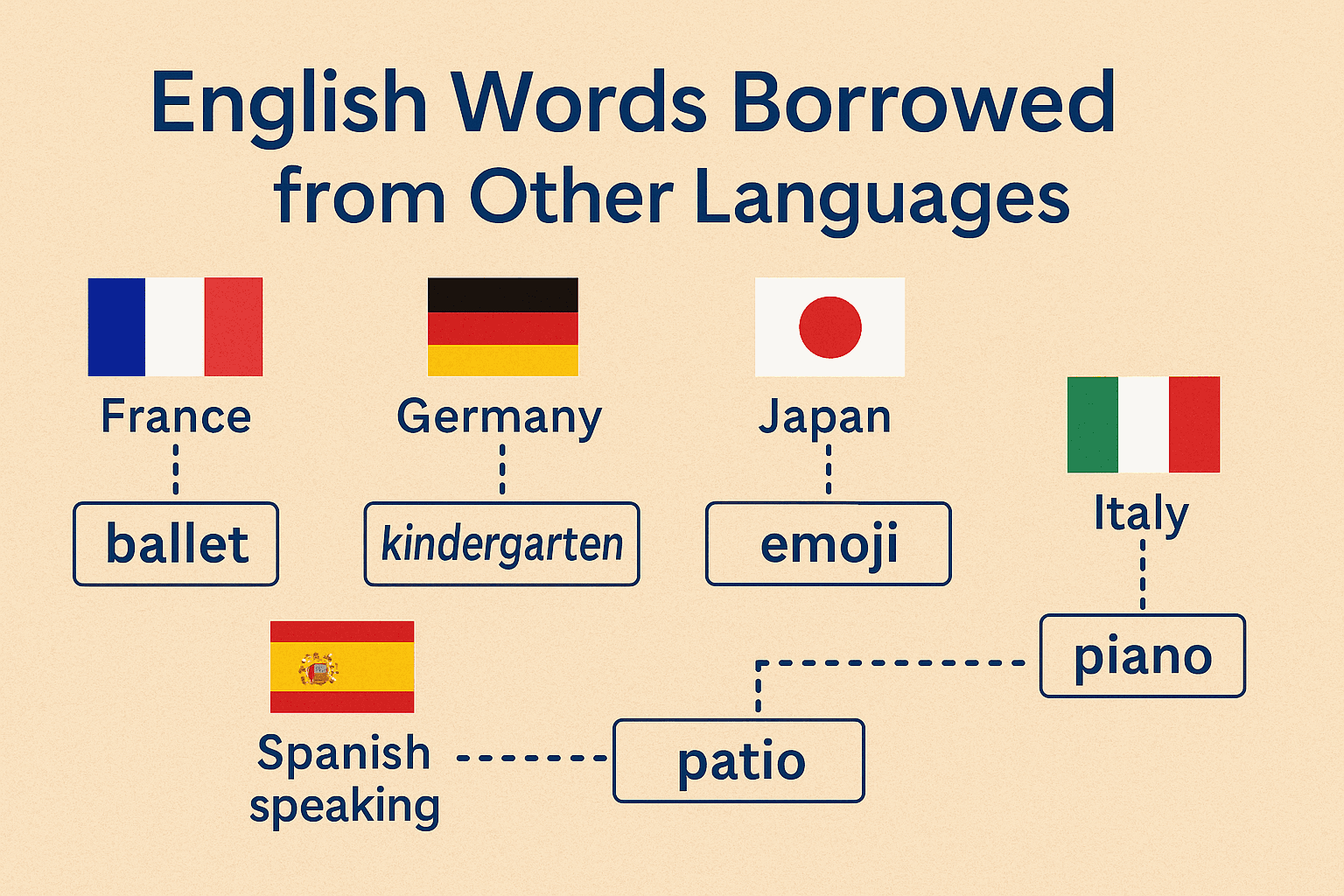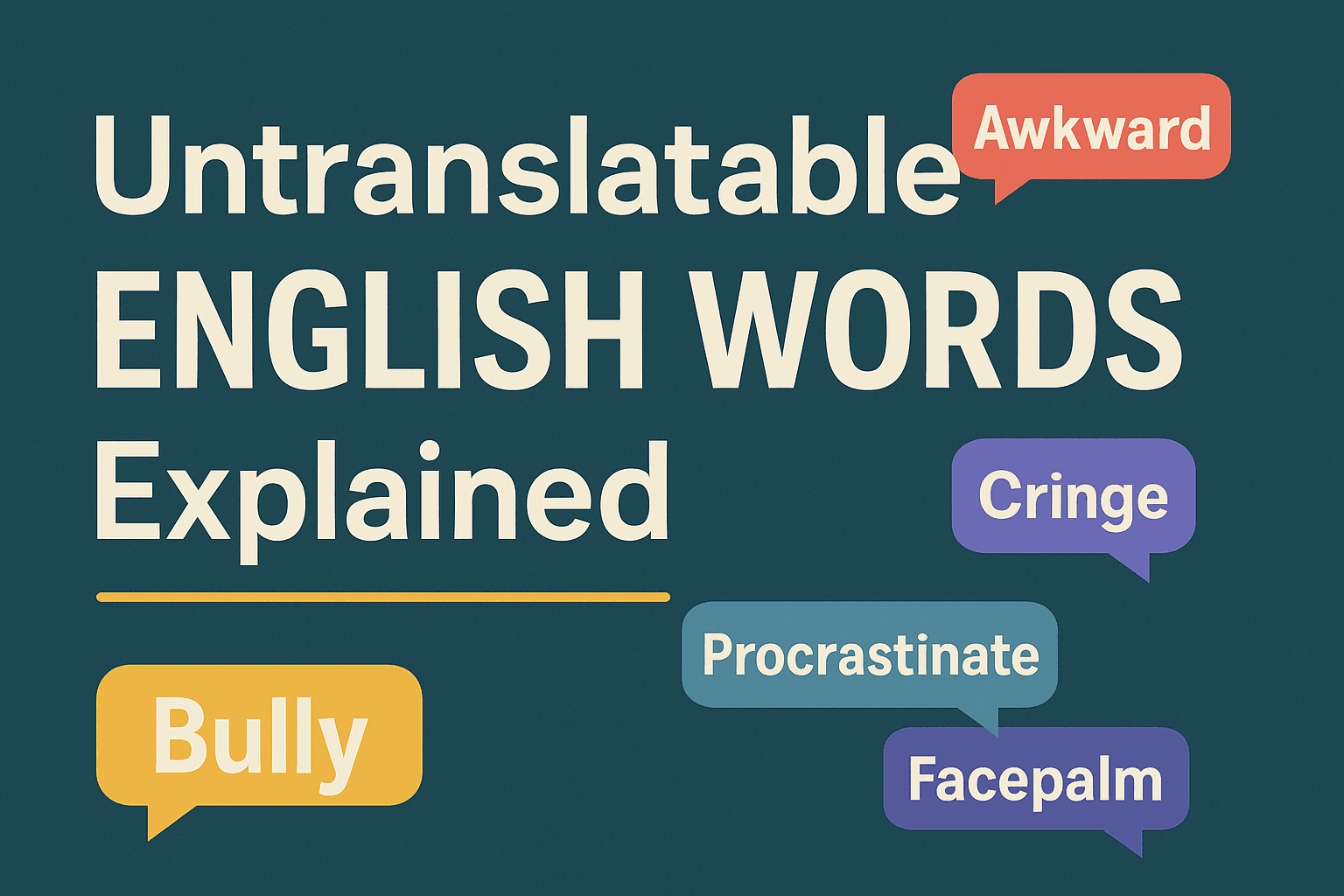If you’ve ever tried learning Japanese as an English speaker, you know it can feel like stepping into another world. Not just in terms of grammar or writing systems, but in how people express everyday ideas. Phrases that are common in English often have totally different counterparts in Japanese—not just in words, but in tone, logic, and culture.
In this article, we’ll compare several expressions from English and Japanese, showing how two people might say the same thing in completely different ways. These examples highlight the importance of cultural awareness and the beauty of linguistic diversity.
Let’s dive into some everyday phrases and idioms that illustrate just how wildly different languages can be.
1. “I’m hungry” vs. お腹が空きました (Onaka ga sukimashita)
In English, we say “I’m hungry”, focusing on ourselves: I am + emotion/state.
In Japanese, the phrase literally means “my stomach has become empty.”
お腹 (onaka) = stomach
空きました (sukimashita) = has become empty
This structure reflects a more objective, body-focused view. It’s less about “feeling” hungry and more about noticing a change in one’s body.
👉 For more details on common Japanese phrases, check Tofugu’s essential expressions.
2. “I love you” vs. 好きです (Suki desu)
In English, “I love you” is direct, emotionally intense, and often used romantically.
In Japanese, people rarely say 愛してる (aishiteru)—the direct translation of “I love you.” Instead, they say:
好きです (Suki desu) — “I like you.”
This difference reveals a lot about Japanese culture, which often values subtlety, modesty, and emotional restraint.
Even in romantic relationships, using “love” too strongly or too often may feel unnatural in Japanese.
🔗 Learn more at JapanesePod101 – Saying “I Love You”.
3. “Excuse me / Sorry” vs. すみません (Sumimasen)
In English, we separate:
- “Excuse me” (to get attention)
- “Sorry” (to apologize)
In Japanese, すみません (sumimasen) does both! You can use it when:
- Bumping into someone
- Getting a waiter’s attention
- Expressing gratitude
- Politely interrupting a conversation
It reflects Japan’s deep emphasis on politeness and social harmony. Instead of multiple words, one versatile phrase can show humility and consideration.
👉 Read about this multifunctional word at Tofugu – Sumimasen vs. Gomen.
4. “No” vs. the Japanese Way of Saying “No”
In English, “no” is simple and direct. In Japanese, things are more nuanced.
Rather than saying いいえ (iie), which can feel too blunt, Japanese speakers often:
- Avoid answering directly
- Use body language or silence
- Say things like “ちょっと…” (chotto…) which literally means “a little…” but is understood as “I’d rather not.”
This reflects a cultural preference for indirect communication and avoiding confrontation. In Japan, preserving group harmony often comes before expressing personal opinions.
🔗 Nihongo Master – How Japanese People Say No
5. “You” vs. Name-Based Reference
In English, “you” is used all the time.
In Japanese, using anata (あなた) to say “you” can sound too intimate—or even rude—depending on the context.
Instead, Japanese speakers often:
- Avoid saying “you” altogether
- Use the other person’s name + suffix (like さん, くん, or ちゃん)
- Structure sentences to remove the subject entirely
This difference reflects Japan’s focus on hierarchy, respect, and relationship status.
Why These Differences Matter
These contrasting expressions show more than just different vocabulary. They reflect deep cultural values:
- Individualism vs. collectivism
- Directness vs. indirectness
- Emotional expression vs. emotional control
- Equality vs. hierarchy
Understanding how other languages say “the same thing” helps us communicate better across cultures—and also challenges us to rethink how we express ourselves.
Tips for English Speakers Learning Japanese
- Don’t translate literally — You’ll sound unnatural. Learn how things are actually said.
- Watch Japanese media — Anime, J-dramas, and YouTube are full of real-life phrasing.
- Focus on listening — Pay attention to tone, context, and body language.
- Use cultural learning tools like NHK World Easy Japanese for free audio lessons.
- Practice regularly — Language exchange platforms like HelloTalk can help.
Final Thoughts: Different Words, Same Human Connection
English and Japanese often express the same basic feelings—hunger, affection, regret, gratitude—but they do so in radically different ways.
By learning these contrasts, we gain more than language skills—we gain empathy, cultural fluency, and a deeper appreciation for how others see the world.
So the next time you’re hungry, or want to say sorry, or even express love—try it the Japanese way.
お腹が空きました。すみません。好きです。
It’s a whole new way to connect. 🌏




